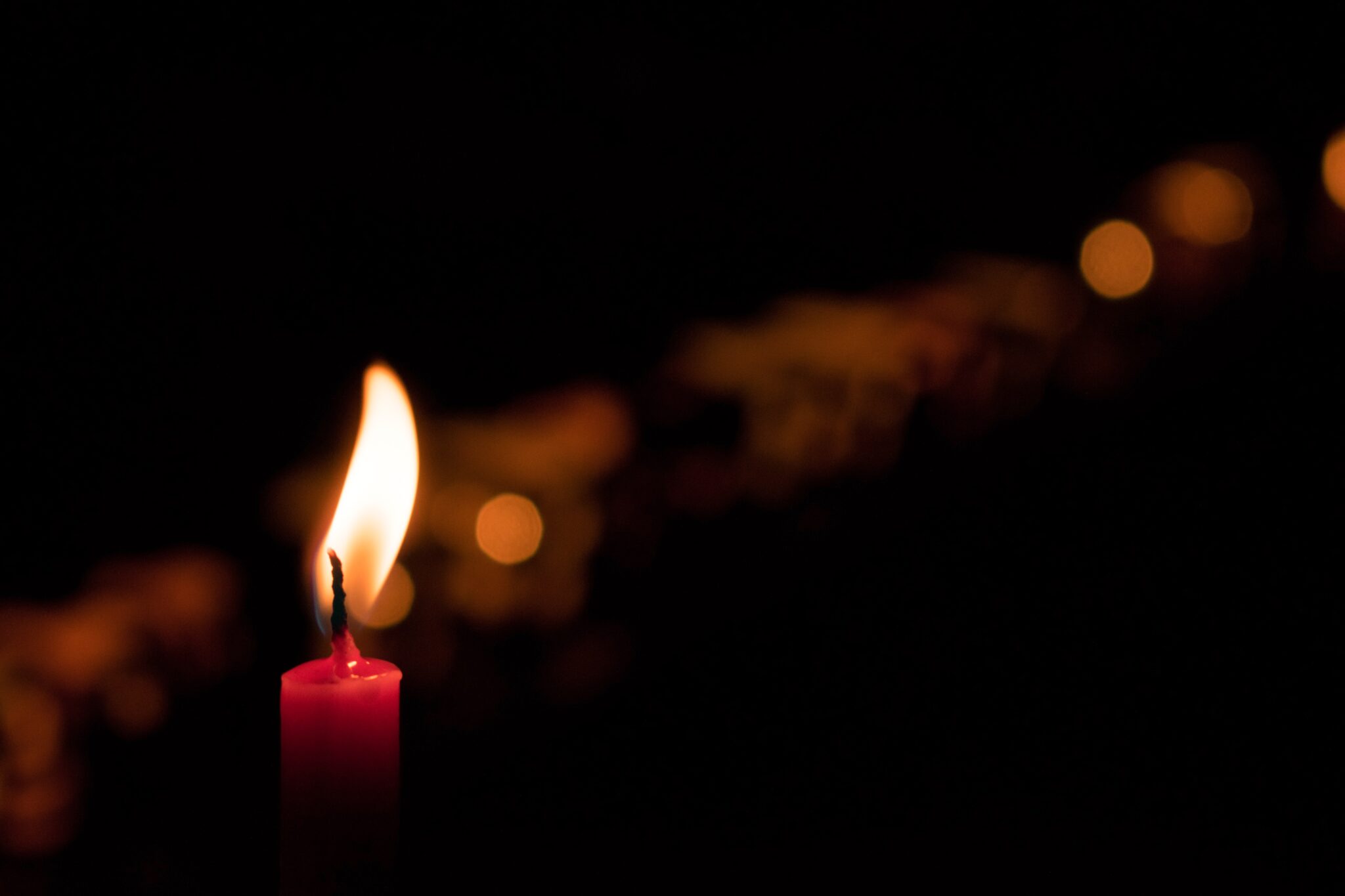Posts Tagged ‘peace’
Jewish Perspectives on Grieving
Reflections by Richard Quodomine
You can read more of Rich’s reflections on Jewish perspectives on grief here.
What is Jewish Grieving? All humans can, and should, grieve over loss of life during a conflict. No matter the beginning or the end, all violence ends with grief. Someone’s grandparent, parent, sibling or child will die. That cycle of violence must cease.
Our faiths or cultural traditions are what help us give structure to that grief. “To not have felt pain is to not be human,” is a traditional Jewish proverb. Our humanity should also ask that we grieve even the people we assume to be our opponents in a conflict. This does not mean a failure to assign responsibility to those who cause harm, but rather to recognize that often, those intending harm come from a small cadre of leaders, with many others in service to it. When you become a warrior with a hateful cause, you can lose sight of the humanity of others.
One type of grief is the personal loss of a loved one, for which there is a proscribed period of mourning. Recently, though, we reflect on a different kind of grief, the kind that is not about personal loss. Rabbi Elliot Cosgrove, in the Forward, spoke of the current conflict this way: “To grieve over the Israeli victims does not preclude grieving over the loss, too, of innocent Palestinian lives. Human as it is to lose sleep thinking of the well-being of the courageous soldiers of the Israel Defense Forces fighting in Gaza, it is inhumane to not also lose sleep at the thought of all the Gazans caught in the crossfire of war.” This is key to the Jewish concept of grief: it is inhumane not to grieve over innocent life lost – regardless of its culture, religion, or cause.
Maimonides, the 12th century Jewish scholar of Cairo, said this: “Whoever does not mourn the dead in the manner enjoined by the rabbis [lacks sensitivity].” While the inference is often ascribed to Jewish grief, Maimonides was a key court advisor and physician to Sultan Saladin. As such, he often wrote to Jewish and Muslim audiences and wrote in Aramaic and Arabic with equal faculty. He would tell his audiences to grieve in their own way – Jew, Muslim and others. Maimonides further tackled this in what he called the second of the three evils: “[these comprise] such evils as people cause to each other [when they] use their [strength] against others.” You can grieve the unjust use of force that causes the loss.
The word for peace – shalom, comes from the same Hebrew root word as shleymut, meaning perfect or whole.Thus, not being at peace is imperfect. We do not just condemn wrong in Judaism. It’s easy to say “that person / cause is wrong.” The harder part is fixing the damage, even if we weren’t the direct cause of it. That requires sensitivity and acknowledgement of loss. We should grieve the damage the conflict does to all involved. A common Jewish saying is “G-d is closest to those with broken hearts.” That gives all of us an opportunity to grow closer to each other in grieving.
According to Rabbi Simeon ben Gamliel, three things preserve the world: truth, justice, and peace
(Avot1:18). When we lay the guns and swords down, the hard work of peace begins. That work will
require productive grief – a grief that spurs us all to healing actions, kindness, and building bridges where walls once stood.
May we light Menorahs in Peace next year.
Maureen – Music at the end of life
Maureen – Music at the end of life
Maureen discusses how music can help during end of life
Janice – “It’s hard work”
Janice – “It’s hard work”
Janice explains that hard work is necessary to reach the calm and peace.
Janice – “Own our feelings”
Janice – “Own our feelings”
Janice discusses the goals of emotional work and arriving at a peaceful place.
Amanda – “Hospice”
Amanda – “Hospice”
Amanda talks about the comfort zone in palliative care.

